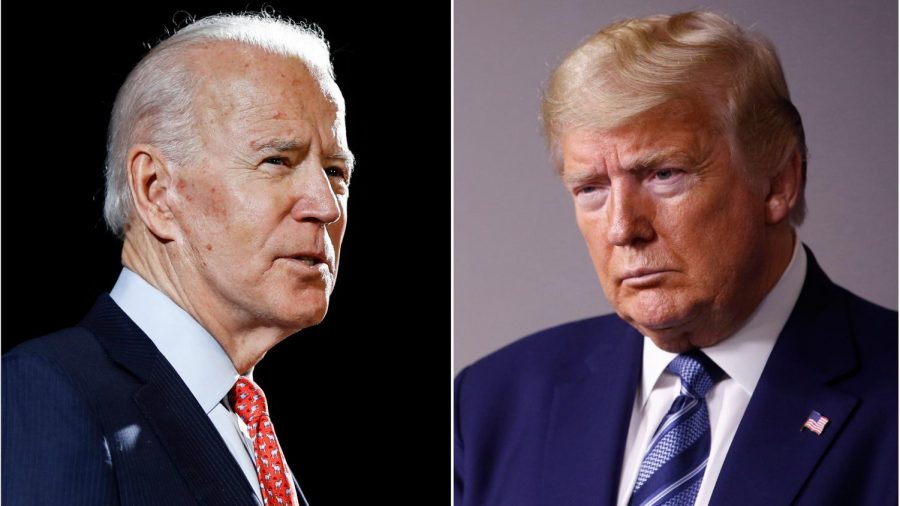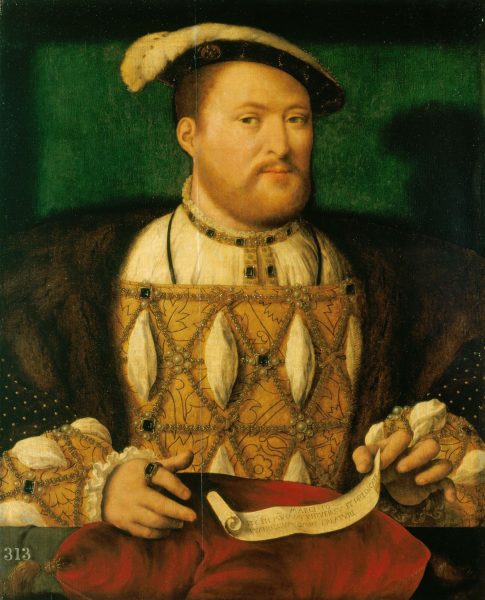How Trump Could Steal the Election
There are fears that President Trump will use illegal means to steal the election from former Vice President Biden.
There are many things that are taken for granted as regular occurrences. Every year, 64 college basketball teams face off over a period of a month for March Madness. Those who only watch this part of the season, despite not watching the rest, suddenly think they are experts on college basketball. Every two years, we all watch the Olympics and realize just how out of shape we are in comparison. And, of course, every four years we cast votes for the presidency. The vote is almost always disputed at first, but in the end is usually considered fair enough for the losing candidate to concede and let the winner ascend, or continue their position as leader of the United States. Of course, this year we realize just how much we took for granted. Before the brackets could even be filled out, the NCAA tournament was cancelled. The Olympics, previously only interrupted by world wars, were postponed to 2021 and even then, are still in question.

The election, on the other hand, is still scheduled to take place on November 3rd. As much as Donald Trump wanted to delay the election by sounding the alarm as early as late July, though would need the support of Congress, which he doesn’t have, he has so far not gotten his way. But just because the election is still planned for its original date does not mean that it is immune to this year of irregularities. This election was already in uncharted territory just like the last four years of President Donald Trump’s term.
Donald Trump has a more authoritarian stance in his rhetoric than many presidents before him. The president had praised Chinese president Xi Jinping for proclaiming himself president for life, saying that he wanted something like that in America. He had also only promised a peaceful transition of power if he won back in 2016, shortly before the election. With his approval rating dropping over his mismanagement of the COVID-19 pandemic, which has so far claimed the lives of over 200,000 Americans, and the economic recession that has followed, Trump probably knows he is unlikely to win in a fair election.
Since then, he has gone on to threaten authoritarianism even more than before. Over the summer, he had threatened to deploy the US military to attack largely peaceful protesters, and eventually got away with sending miscellaneous federal agents under the guise of protecting federal buildings. He then tried to proclaim himself the president of “Law and Order”, attempting to follow Richard Nixon’s campaign strategy. Just as Richard Nixon used “Law and Order” to justify repressing civil rights movements, Trump attempted to paint the mostly peaceful protesters as mobs and looters. Stopping just short of slurs and openly racist attacks against Black people, Trump attempted to scare white suburbia into voting for him.
But that did not work as intended, and support by white suburbia for Joe Biden remained high. So Trump attempted another authoritarian tactic. The pandemic meant that most public areas had to be closed or opened with severe restrictions. This meant that voting had to be done through mail in ballots at a higher percentage than in previous years. Because Trump had been downplaying the severity of the virus, Republicans were much more likely to vote in person, so Trump then attempted to weaponize the mail-in-ballot. He claimed that mail-in ballots would be filled with fraud (despite the fact that many states, including Washington, have done it successfully for years with no real evidence of high levels of fraud) and attempted to sabotage the US Postal Service through dismantling counting machines and closing drop-boxes, although eventually the sabotages were overturned in court.
But this still leaves Trump with many options. For one, he could persuade Republican state governments to override the state’s popular vote and vote for Trump in the electoral college (There are still several no penalty states for delegates who do not cast the vote based on their states’ voter’s wishes.). But this is unlikely as this would take a massive legal fight in these states’ legislatures, which would require Republicans to win basically every legal fight and have no breakers from their ranks, all while they begin to look undemocratic to their own voters.
Trump is also hoping that the Supreme Court, which he has given a larger conservative majority, will hand him the election if he disputes the election. While this is frightening, the ruling would have to see no dissertation in any of the court’s conservatives, which isn’t always the case. Chief Justice John Roberts has always been a swing vote and even Brett Kavanaugh, a Trump appointee, sided against Republicans in a voter suppression case in Rhode Island this summer. Supreme Court Justices are meant to make decisions based on the Constitution, not their personal beliefs. And while this isn’t always the case in this increasingly-polarized world, many justices still live up to this standard.

These are all strategies to create a Trump win on election night. But what if he loses and refuses to leave office?
Trump has repeatedly refused to commit to a peaceful transition of power. In the vice presidential debate, Pence too danced around the subject, claiming that Trump will surely win despite FiveThirtyEight giving him consistently low odds of doing so legally. Trump has also refused to condemn white supremacist militias and terrorists, famously telling the far right, neo-fascist Proud Boys to “stand back and stand by,” implying that if he loses or contests the election, or even if he wins, he will incite his supporters to riot. Mitch McConnell, the Senate Republican leader, reassured the country that he would respect the peaceful transition of power, with the caveat that he would respect the Supreme Court’s decision. This could possibly be to give him the legitimacy to back a Trump coup if the Supreme Court sides with him. And finally the military, Trump’s most barbaric and fascistic way of maintaining power, has not always been on his side. Military leaders opposed his proposal to deploy them against protesters and have said that they don’t want to play a role in the transition of power.
While Trump’s chances of actually stealing the election and ending American democracy as we know it are small, they are not impossible. But there are ways to prevent this. The easiest and most obvious way to prevent a constitutional crisis is to hand Biden a blowout victory that not even Trump would be able to dispute. And with polls showing Biden with a commanding lead, this is possible, but only if everyone votes. If you are voting, look up what restrictions your state has on mail-in voting or early voting and if possible, use a ballot drop box. If Trump is able to steal the election or refuses to respect a transition of power, resist the urge to riot. Just like the Nazis were able to secure absolute power with the fabricated threat of a Communist rebellion, Trump may be able to paint nationwide riots as an insurrection to gain supporters and legal power. Oppose him peacefully and pressure the people in our government to act on their better judgement and fight him every step of the way. But if he does manage to make it so that there is no legal way to resist him, if he truly becomes a dictator, then we shall look to places like Hong Kong and Chile for examples on how to deal with dictators.








